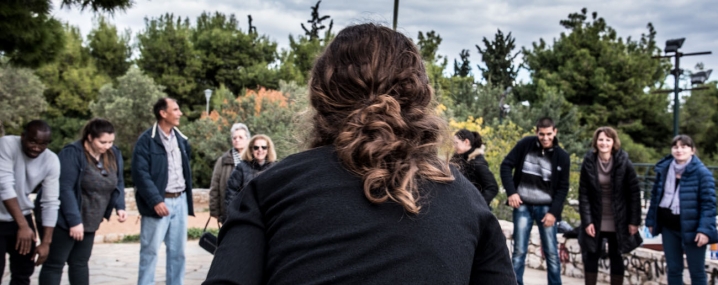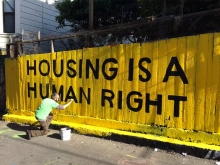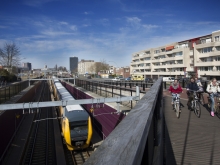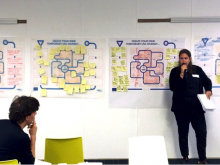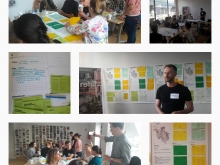Athens
Athens is one of the oldest cities in the world with a recorded history dating from around 1400 BC. The capital and largest city of Greece and the southernmost capital on the European mainland, Athens is located in the southern part of the region of Attica. Nearly half of the Greek population lives in Athens’ Larger Urban Zone, more than 4 million people, making it one of the most densely populated areas in Europe (1,540 inhabitants/km²).
Athens is a major regional transport hub for air traffic, rail, roads and boats. It includes Piraeus Port, an important centre of the merchant marine, industry, and transportation connecting cities across within the country and abroad. The city has many institutions of higher education, a major centre of archaeological research and a world-renowned tourist centre. Its wealth of culture includes ancient monuments, world-class museums, large contemporary exhibition spaces, art galleries, and numerous cultural events. A large part of the town’s historic centre has been converted into a 3-kilometre pedestrian zone—the largest in Europe—leading to the major archaeological sites.
Athens, as with the rest of Greece, has also been facing a severe economic crisis and austerity measures. In the Municipality of Athens, average annual income per capita dropped from €24,048 in 2008 to €18,600 in 2011 and continues to decline. Unemployment in Greece as a whole has eased slightly since reaching a peak in September 2013, but it is still over 26%—more than twice the Eurozone average.
SOME RELATED NETWORKS
Sustainable food
REFILL
Article
Cities engaging in the right to housing
Article
More URBACT learning for better funding
Article
REFILL@LILLE: Policy Design Labs and URBACT exchange networks
Article
The housing paradox: more financing - less affordability?
Article

